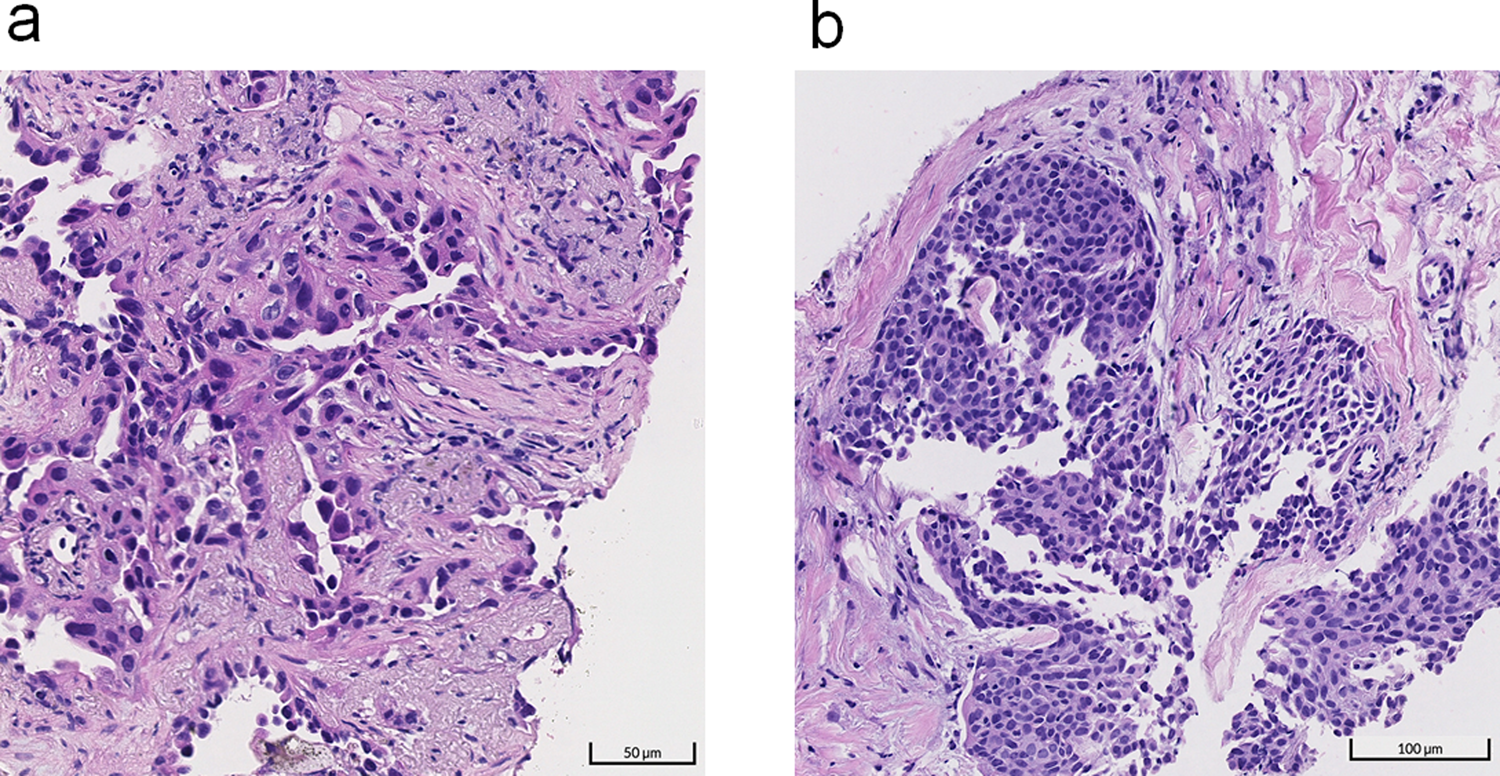Valar Labs
Assisting decision making for oncologists

I spent the summer after my sophomore year working at Valar Labs. This was one of the most impactful professional experiences I have had thus far, and I definitely attribute much of my interest in entrepreurship to be a result of the time I spent at Valar. The environment was fast-paced, the tech was cutting-edge, and the everyone there cared deeply about their work and the culture of the company.
While my official role was Machine Learning Engineering, due to how early stage the company was (they had just raised their seed round a few weeks prior to when I joined, led by a16z), I got the chance to put on many different hats throughout the summer (product, research, pathology, software development). Another reason I loved working at Valar was how collaborative the environment was. The company co-founders, engineers, and other team members all sat together at one big table every day, and that really made it feel like every single person had a stake in just about anything that was being worked on. Since it is in the healthtech space, the work was similar to what is done in a research lab, but with the added benefit of getting it in the hands of users as fast as possible.
Technologies used:
- PyTorch and Tensorflow for in-house model development
- Labelbox for data annotation

My main focus involved building out a computer vision pipeline for cell classification in whole-slide tissue images. The preliminary goal was to replicate the performance of existing state-of-the-art models in order to eventually adapt them and outperform current standards. I built and tested a multitude of nuclei classification and segmentation models from scratch using PyTorch.
I also worked a lot on the data annotation and ingestion pipeline. I used the Labelbox API to interface with partnered pathologists and created tools that optimized the ease of annotation while simplifying the process for ingesting the data into the model training workflow.
Lastly, I worked extensively on building out utilities for model evaluation. This was a more data science heavy part of my work, creating tools that would allow us to better understand the performance of our models and how they could be improved.
I would love to give a heartfelt thank you to Valar leadership (Anirudh, Damir, and Vish) as well as my coworkers (Ekin and Vrishab) for making my time there so enjoyable and impactful. I am excited to see Valar use the power of machine learning to transform oncology!